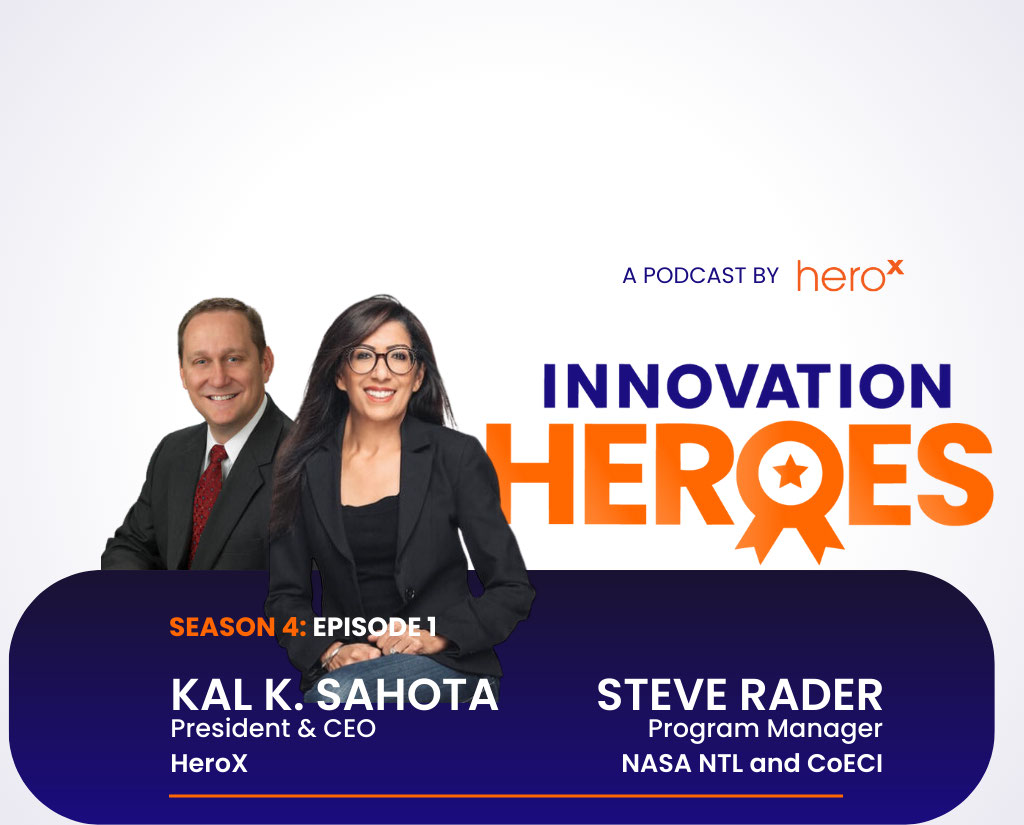
In 2006, Prize4Life, a Cambridge, MA-based nonprofit organization dedicated to finding the cure for amyotrophic lateral sclerosis (ALS, a.k.a. Lou Gehrig’s Disease) launched a multi-stage crowdsourcing campaign, the ALS Biomarker Grand Challenge. The purpose of the Challenge was to find a cost-effective biomarker that could measure the progression of the disease in ALS patients.
Three years later, Prize4Life awarded two “progress prizes,” $50,000 each, for solutions that had made the most significant progress towards reaching the ultimate goal of the Challenge. The first prize was awarded to Dr. Seward Rutkove, a neurologist at Beth Israel Deaconess Medical Center in Boston and a prominent researcher in the field of neuromuscular disorders, such as ALS. Dr. Rutkove went on to win the $1 million Grand Prize in 2011.
The recipient of the other “progress prize” was Dr. Harvey Arbesman, a private practitioner in a suburb of Buffalo, NY. Although his biomarker did not fully meet the Challenge criteria, Prize4Life chose to recognize Dr. Arbesman’s valuable insight into the fundamental mechanisms of the disease.
Interestingly, before receiving the “progress prize,” Dr. Arbesman was virtually unknown in the ALS community. Why? Because he was a dermatologist by training, with no formal connections to the field of neuromuscular diseases and no prior publications on ALS.
Was there any chance that Dr. Arbesman would have been selected, as an expert, by any organization that wanted to work on ALS? No. But Prize4Life didn’t start its quest for the ALS biomarker with looking for ALS experts. Instead, it began by formulating a problem it wanted to solve (“We need a biomarker for ALS”); it then proceeded to ask anyone capable of providing a solution - regardless of their education, professional background, or place of employment – to submit their proposals. Prize4Life didn’t look for people who had the solution; instead, it arranged for a person with the right solution to come to them.
This is a fundamental difference between crowdsourcing and other problem-solving tools. By posting your problem online, you become agnostic to the sources of potential solutions. They may come from anywhere and anyone, and you don’t have to do much to “target” your search to a potential solver - given, of course, that the crowd you’re approaching is sufficiently large and diversified. In other words, when running a well-designed crowdsourcing campaign, you don’t have to spend time and resources on finding solvers to your problem; you only need to analyze the solutions that these self-selected solvers are sending your way.
By creating the conditions when ideas no longer belong exclusively to subject-matter experts, crowdsourcing is democratizing innovation. It is leveling the innovation field by opening up new channels to the folks who have been barred before from innovation activities by institutional or educational barriers.
HeroX, with its impressive track record of success, is part of this process. Don’t miss out on the ongoing revolution in knowledge management; reach out to the HeroX’s possibilities team (possibilities@herox.com) to learn how crowdsourcing may create value for your organization.
Of course, the ascent of crowdsourcing as a new innovation tool results in changing the rules of how new knowledge is generated, collected, implemented, and protected by organizations. We’ll touch upon these important topics in the upcoming posts.








